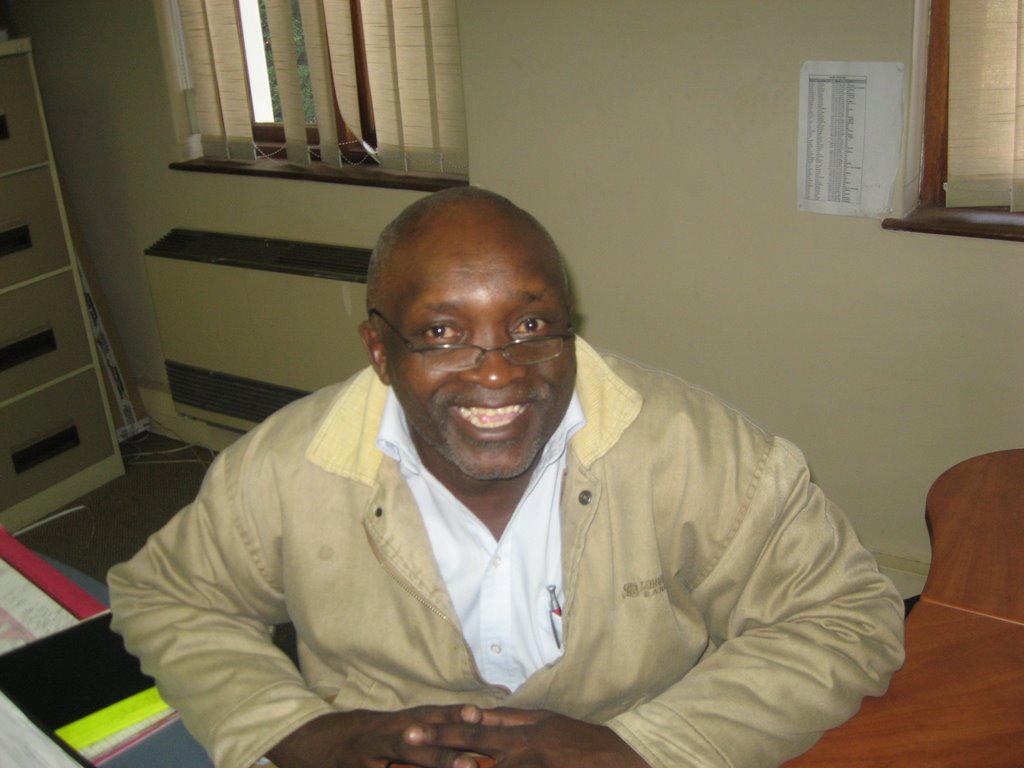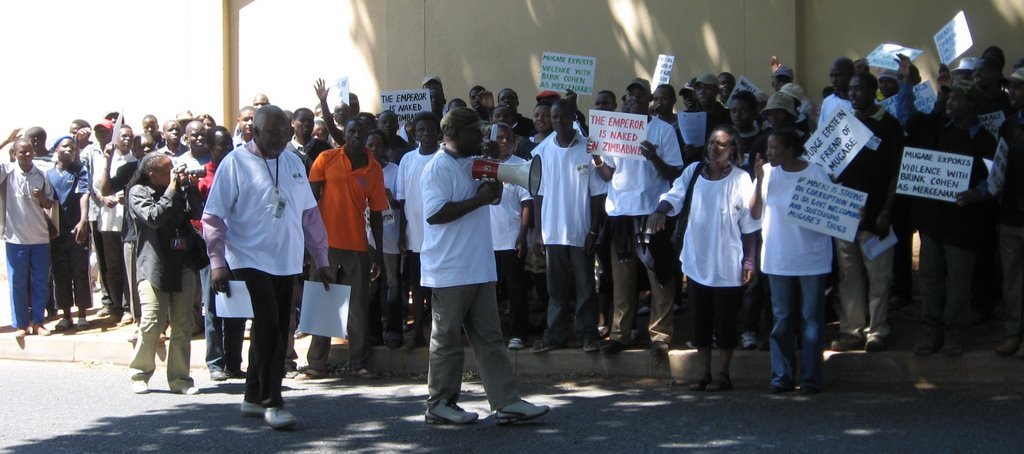Zimbabwean victims seek help from other Africans
By Evelyn Leopold
UNITED NATIONS (Reuters) - Opposition Zimbabweans, some victims of police torture, sought to convince other African nations on Wednesday that it was time to call for an end to the suppression in their country that has left a trail of broken bodies.
Lawyer Tawanda Mutasah, one of four Zimbabwean human rights campaigners, said African delegates at the United Nations had to be persuaded that Zimbabwe's actions need reprimands in the Security Council and the U.N. Human Rights Council.

"The United Nations has a responsibility to protect citizens who are suffering from state terror," Mutasah told a U.N. news conference, sponsored by philanthropist George Soros' Open Society Institute.
South Africa, among other nations, say President Robert Mugabe's brutal crackdown on his critics, is an African problem and does not endanger international peace and security.
Otto Saki, acting director of the Zimbabwe Lawyers for Human Rights, noted that criticism of Mugabe's policy had been voiced by leaders in Senegal, Zambia, Tanzania, and Botswana, which refuted the charge by Mugabe's government that only the United States and former colonial power Britain had protested.
Grace Kwinjeh, an official in Zimbabwe's opposition Movement for Democratic Change, led by Morgan Tsvangirai, whose repeated beatings provoked an international outcry, said a police raid on a March 11 prayer meeting changed many lives.
Like Tsvangirai, Kwinjeh was beaten and taken to several police stations after she went to a prison to visit arrested colleagues.
"None of us had prepared for the kind of brutality that was unleashed on us that morning," she said. "On one occasion I was beaten with an iron bar on my head which resulted in part of my ear coming off."
After the first beatings, Kwinjeh said that she and other prisoners were shoved into a police van, with open wounds, bleeding. "Like animals there in the lorry they made us all lie down on top of each other in this lorry."
At the Harare central police station, she said she was ordered to lie in a courtyard for several hours, dizzy and vomiting and refused any water. "We were told to get up and hold the person in front of you by the belt" and transported to a different police station, Kwinjeh said.
Among those with her was Sekai Holland, 64, who police called a "whore" for British Prime Minister Tony Blair. She suffered three broken ribs, a crushed knee and broken arms.
Hours and days went by, Kwinjeh said, including hospital care and with guns trained on her. Her lawyers obtained a release because no charges had been filed.
When she and Holland tried to board an air ambulance to South Africa, they were arrested again before they could finally leave the country. She has been treated in South Africa for five weeks.
"But we are the true lucky ones who left the country," said Kwinjeh, who wore a black turban. She said some 28 colleagues were "rearrested, tortured, abducted from hospital and as we speak they are still in prison."
Yahoo! Mail is the world's favourite email. Don't settle for less, sign up for your free account today.













No comments:
Post a Comment